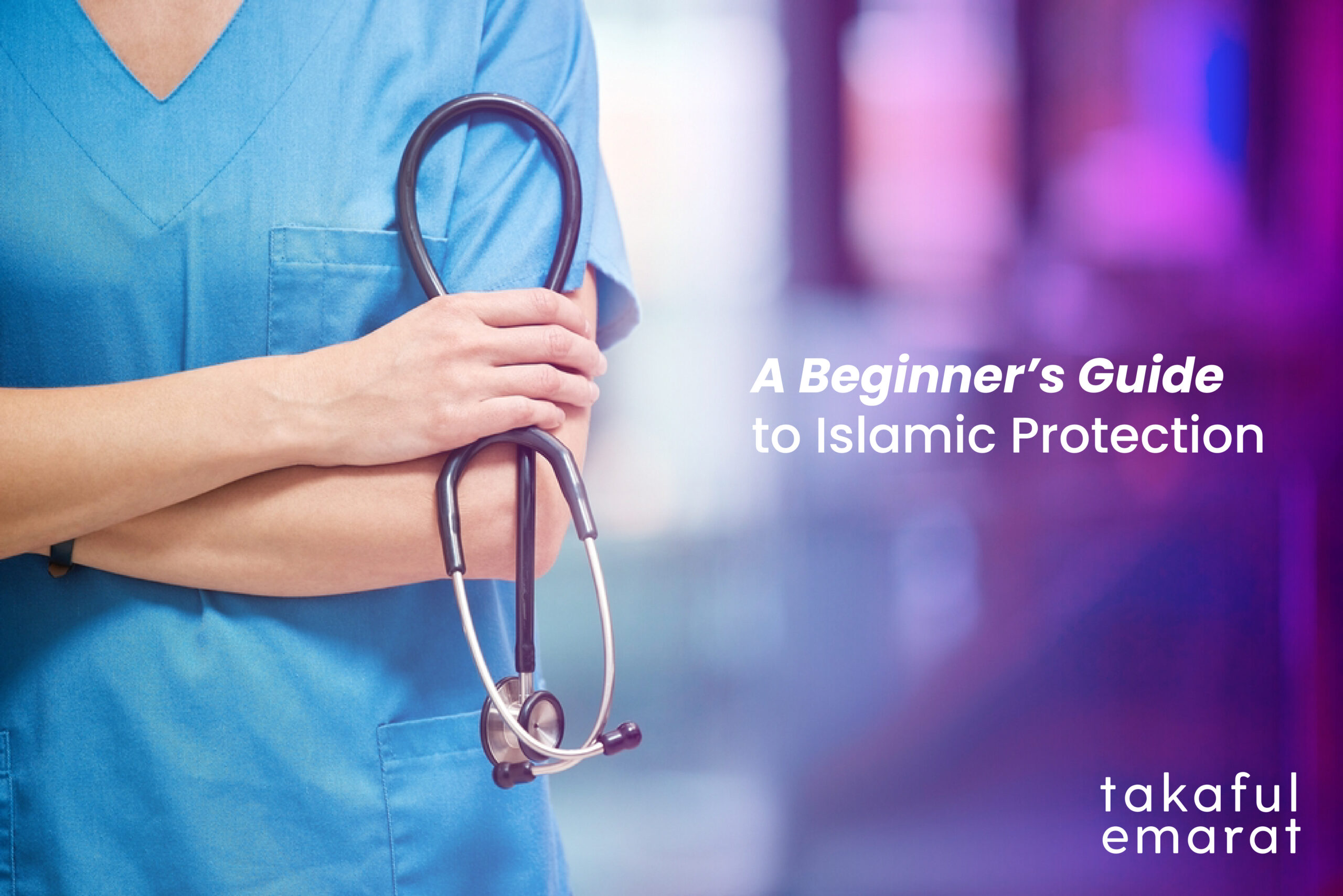News

Takaful vs. Conventional Insurance: Why Ethical Insurance Matters
Understanding the Difference: Takaful vs Conventional Insurance Explained
When it comes to protecting your health and financial future, both Takaful and conventional insurance aim to provide peace of mind. But the way they operate — and the values behind them — are fundamentally different.
At Takaful Emarat, our goal is to offer Sharia-compliant, ethical insurance that protects individuals and families while aligning with Islamic principles of fairness, transparency, and community care. Understanding Takaful vs Conventional Insurance is essential for anyone looking to make informed, ethical financial choices. While both offer protection, their foundations — cooperation vs profit — make a significant difference in how risk and reward are shared.
What Is Conventional Insurance?
Conventional insurance is based on the concept of transferring risk from the individual to the insurer. You pay a premium, and the insurer promises to compensate you if something goes wrong. While effective, this model includes elements of uncertainty (Gharar) and interest (Riba) — which are not permissible under Islamic law.
Additionally, profits from conventional insurance often go directly to shareholders, not the policyholders themselves.
What Makes Takaful Different?
Takaful, on the other hand, is built on the principle of mutual assistance (Ta’awun). Instead of a buyer-seller relationship, it operates as a community-based fund where participants contribute to help one another in times of need.
At Takaful Emarat, your contribution goes into a shared pool — managed ethically and transparently — and any surplus is distributed fairly among participants or reinvested to strengthen the fund.
Takaful vs Conventional Insurance Comparison Table
| Aspect | Takaful Insurance | Conventional Insurance |
| Core Principle | Mutual cooperation & shared risk | Risk transfer for profit |
| Ownership of Funds | Belongs collectively to participants | Owned by the insurance company |
| Investment Policy | Sharia-compliant, interest-free | May involve interest or prohibited sectors |
| Profit Distribution | Surplus shared with members | Profits kept by shareholders |
| Ethical Basis | Guided by Islamic values | Commercial business model |
| Transparency | High — funds managed openly | Limited transparency |
| Social Impact | Community-focused protection | Primarily profit-driven |
Why Ethical Insurance Matters
In a world where financial systems are often profit-centered, ethical insurance — like Takaful — brings humanity back into finance.
1. It Aligns with Islamic Principles
Takaful ensures your financial protection does not involve Riba, Gharar, or Maisir (gambling). Every plan is reviewed and approved by qualified Sharia scholars.
2. It Builds Community Resilience
By contributing to a shared fund, you’re not just protecting yourself — you’re helping others in their time of need.
3. It Promotes Transparency and Trust
At Takaful Emarat, we believe in full disclosure of fund performance, contributions, and surplus — giving participants confidence in where their money goes.
Choosing the Right Takaful Plan
When selecting your Takaful coverage, consider your family’s health and financial needs:
- Family Health Insurance – Comprehensive protection for dependents and loved ones.
- Individual Health Insurance in Dubai – Affordable plans tailored to single professionals.
- Private Medical Insurance – Access to premium hospitals and clinics across the UAE.
Which Is Better — Takaful vs Conventional Insurance?
When comparing Takaful vs Conventional Insurance, Takaful stands out for its ethical, community-based approach. Unlike profit-driven models, Takaful focuses on fairness, transparency, and shared responsibility.
FAQs: Understanding Takaful vs Conventional Insurance
Is Takaful more expensive than regular insurance?
Not necessarily. While pricing may differ by provider, Takaful plans often offer competitive premiums and surplus-sharing benefits.
Who manages the Takaful fund?
Takaful operators like Takaful Emarat manage the fund on behalf of participants under strict ethical and regulatory oversight.
Can non-Muslims opt for Takaful?
Absolutely. Takaful is open to all who value ethical, transparent, and socially responsible insurance.
Conclusion: Protect with Purpose
Choosing Takaful over conventional insurance isn’t just a financial decision — it’s a commitment to fairness, community, and ethical responsibility.
With Takaful Emarat, you gain more than just protection — you become part of a system built on trust, compassion, and collective well-being.
